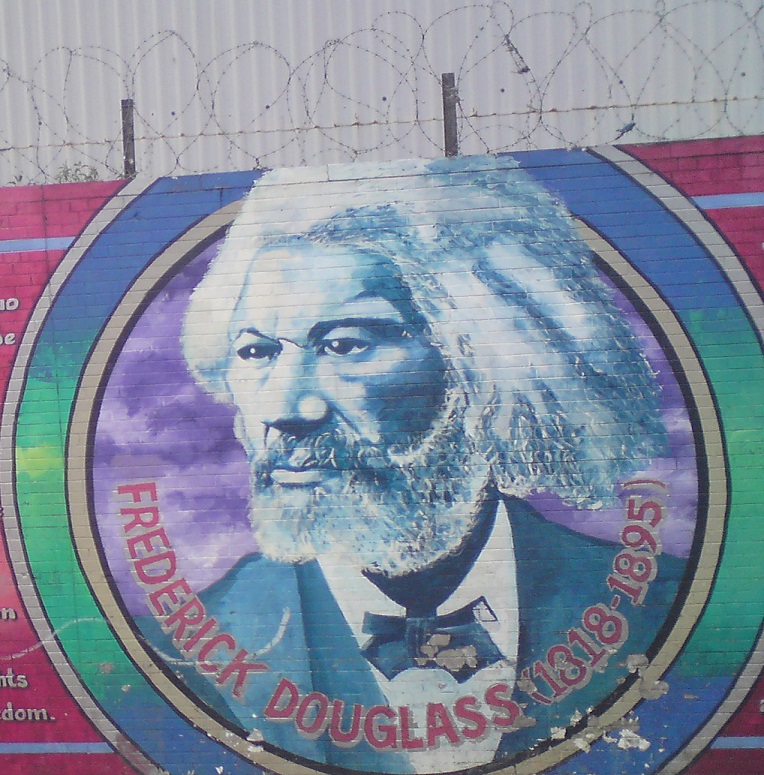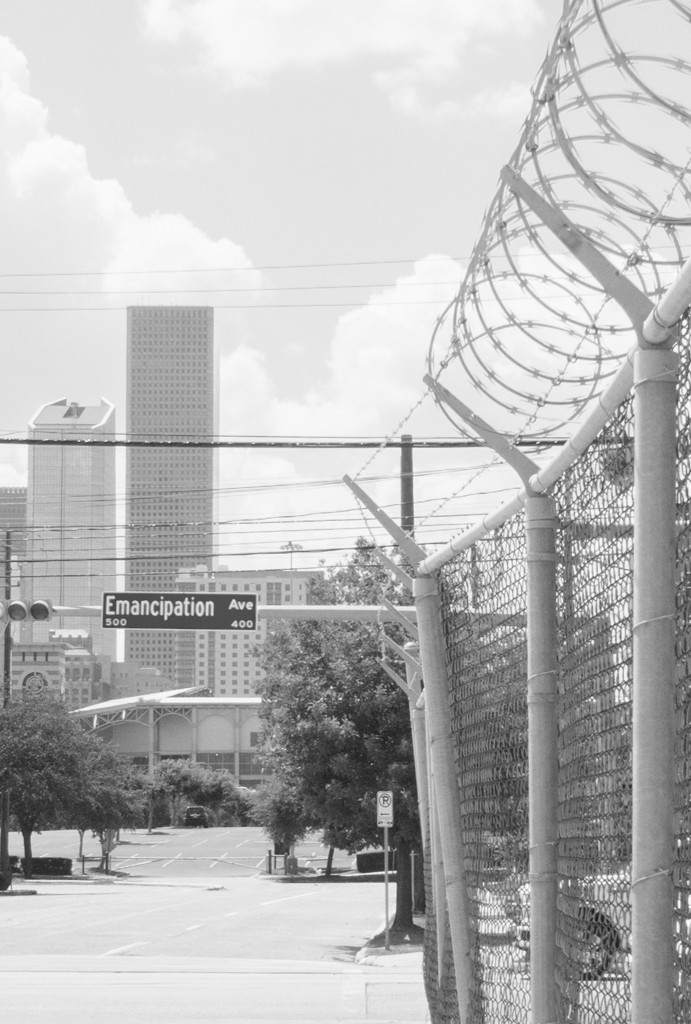
Frederick Douglass’ Freedom
By AdministratorThis week in history, formerly enslaved abolitionist Frederick Douglass bluntly criticized the failure of American commitments to “freedom” in several Independence Day addresses.
“The Meaning of July 4th for the Negro” was delivered to a majority white audience in Rochester, New York. Tomorrow (July 5th) marks its anniversary.
For those unfamiliar, we encourage you to check out the audio and transcript.
The speech highlighted — and continues to highlight — how Independence Day is an inherently fraudulent celebration, given the United States’ ongoing perpetuation of slavery:
What, to the American slave, is your Fourth of July? I answer: To him, your celebration is a sham; your boasted liberty, an unholy license; your national greatness, swelling vanity; your sounds of rejoicing are empty and heartless; your denunciation of tyrants, brass fronted impudence; your shouts of liberty and equality, hollow mockery; your prayers and hymns, your sermons and thanksgivings, with all your religious parade and solemnity, are, to him, mere bombast, fraud, deception, impiety and hypocrisy—a thin veil to cover up crimes which would disgrace a nation of savages. There is not a nation on the earth guilty of practices more shocking and bloody than are the people of the United States, at this very hour.
Is criticism of slavery purely a matter for the history books? We might answer that question by recontextualizing Douglass’ message for the modern age:
 “What to the imprisoned refugee child is the Fourth of July?”
“What to the imprisoned refugee child is the Fourth of July?”
“What to the disproportionately high number of black prisoners working as exploited labor is the Fourth of July?”
“What to the missing indigenous women, exploited migrant workers, and modern debt prisoners is the Fourth of July?”
“What to people of color impacted by police violence is the Fourth of July?”
Douglass’ speech continually prompts us to re-evaluate our definition of freedom. And it is a reminder that like many of the above issues, abolition was a radical concept in its time. Denouncing slavery meant criticizing an integral part of our country’s social and economic infrastructure.
Douglass also questions the usefulness of our spiritual beliefs as they relate to helping us solve the problem:
At the very moment that they are thanking God for the enjoyment of civil and religious liberty, and for the right to worship God according to the dictates of their own consciences, they are utterly silent in respect to a law which robs religion of its chief significance and makes it utterly worthless to a world lying in wickedness. Did this law […] abridge the right to sing psalms, to partake of the sacrament, or to engage in any of the ceremonies of religion, it would be smitten by the thunder of a thousand pulpits. A general shout would go up from the church demanding repeal, repeal, instant repeal!
For modern humanists, we might rephrase this passage:
At the very moment that we are enjoying civil and religious liberty, and for the right to think according to the dictates of our own conscience, are we utterly silent in respect to laws which rob humanism of its chief significance and makes it utterly worthless?

